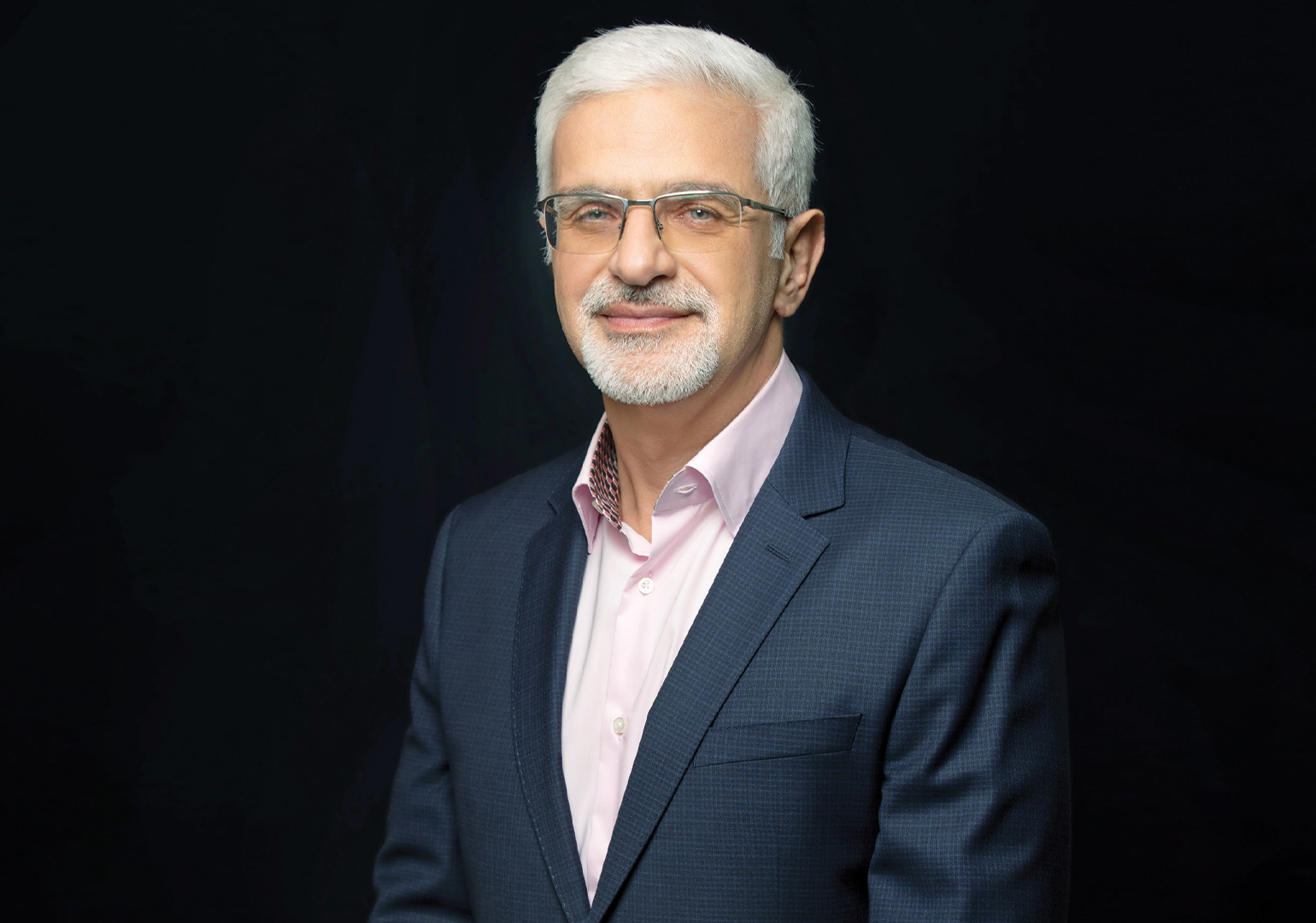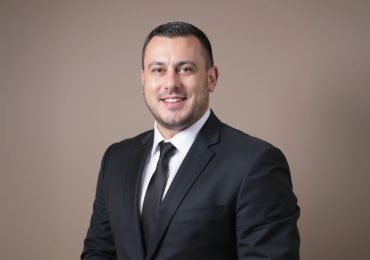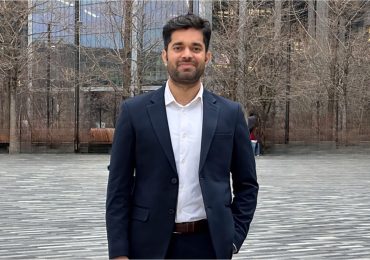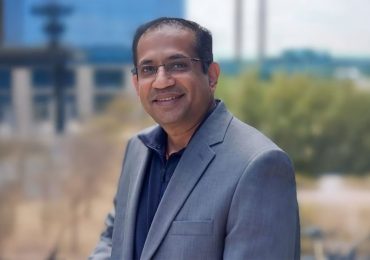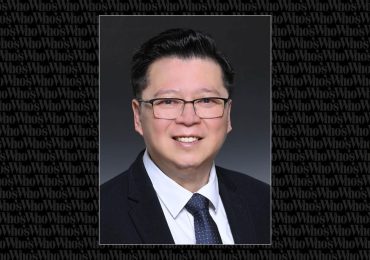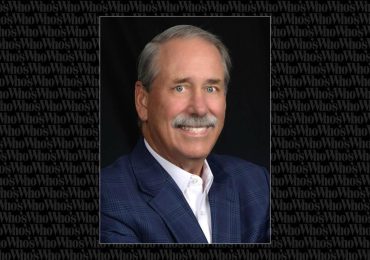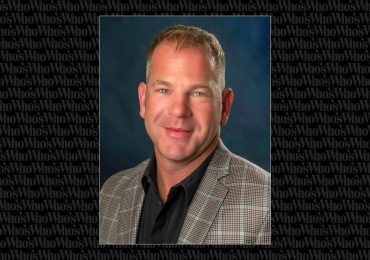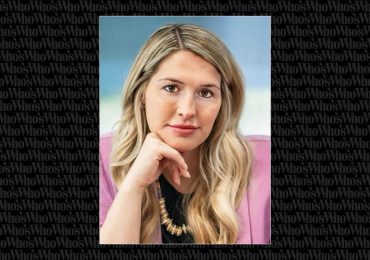With thirty years of professional experience under his belt, Alexander Kalantarov has become a household name in plastic surgery. In the spring of this year, he will welcome patients to his new clinic.
What motivated you to open your own clinic? Where will it be located, which services will it offer, and what are your competitive advantages?
Medicine is not just theory – it incorporates the history and experience of humankind. To be a true doctor means constantly using the knowledge and experience you have accumulated in this field, whether from your own activities or those of others.
When you attain a certain status in your professional career, you get the desire and ambition to pass on your knowledge and experience to the next generation. This is almost impossible to achieve on “foreign territory.” When you are hired by a large corporation, you become part of an endless bureaucracy that presents a major obstacle to a doctor’s ability to work efficiently and respond quickly. The latter is vitally important in medicine.
That is the main reason why I decided to open my own clinic. There was no other way to change the things that I did not like.
The clinic will open in spring 2024. It will be a single-profile facility with a focus on plastic and reconstructive surgery. Colleagues with whom we have worked and whose experience we trust will be able to perform surgeries at our clinic.
The facility will include an outpatient department with all the services necessary for our activities. Outpatient services will be available not only to our patients but to other people as well. We also plan to introduce non-surgical aesthetic services, which will complement and improve our main activities and increase patients’ comfort.
The new clinic will perform not only standard operations, such as rhinoplasty and mammoplasty, but also all types of plastic and reconstructive operations, including the treatment of acquired or congenital malformations. The only thing we will not do is hair transplants.
The four-story new facility will be located next to the Zhvania Clinic on Ljubljana Street. The lower two floors will be taken up by the outpatient department, administration, and doctors’ rooms, while the upper floors will house the stationary surgery unit with a modern operating theater.
What will your team look like at the new clinic?
We will start operating with a medical team of around 50 individuals. Finding qualified doctors is not a problem, but the same cannot be said about low and mid-level medical personnel such as nurses and assistant nurses. These professionals have had to work on a very low salary for many years, leading to an outflow of talent from this sector. Many experienced nurses have gone abroad and have no intention of returning. It is currently a very problematic area.
How do you see yourself as a manager? Do doctors and managers see a clinic from different perspectives?
Managers and doctors in a clinic often have differing interests, and these differences can reflect on the quality of work. Managers try to reduce expenditure. Medicine and staff salaries are expenses for them. Their priority is to increase profit by reducing costs. Doctors see these things differently. All purchases made for the good of the patients, be it high-quality treatments, expensive medicine, or modern equipment, are viewed as necessities rather than expenses. This is why I believe that a clinic should not be profitable. Whatever profit I make, I do not perceive it as profit. Those funds must be reinvested for the good of the patients. This is how funds should circulate in the medical sector. When you are part of a large corporation, you are not allowed to use profits to help a patient who requires a vital but expensive reconstructive surgery. I will not have those restrictions in my clinic, so I will be able to help a lot of people.
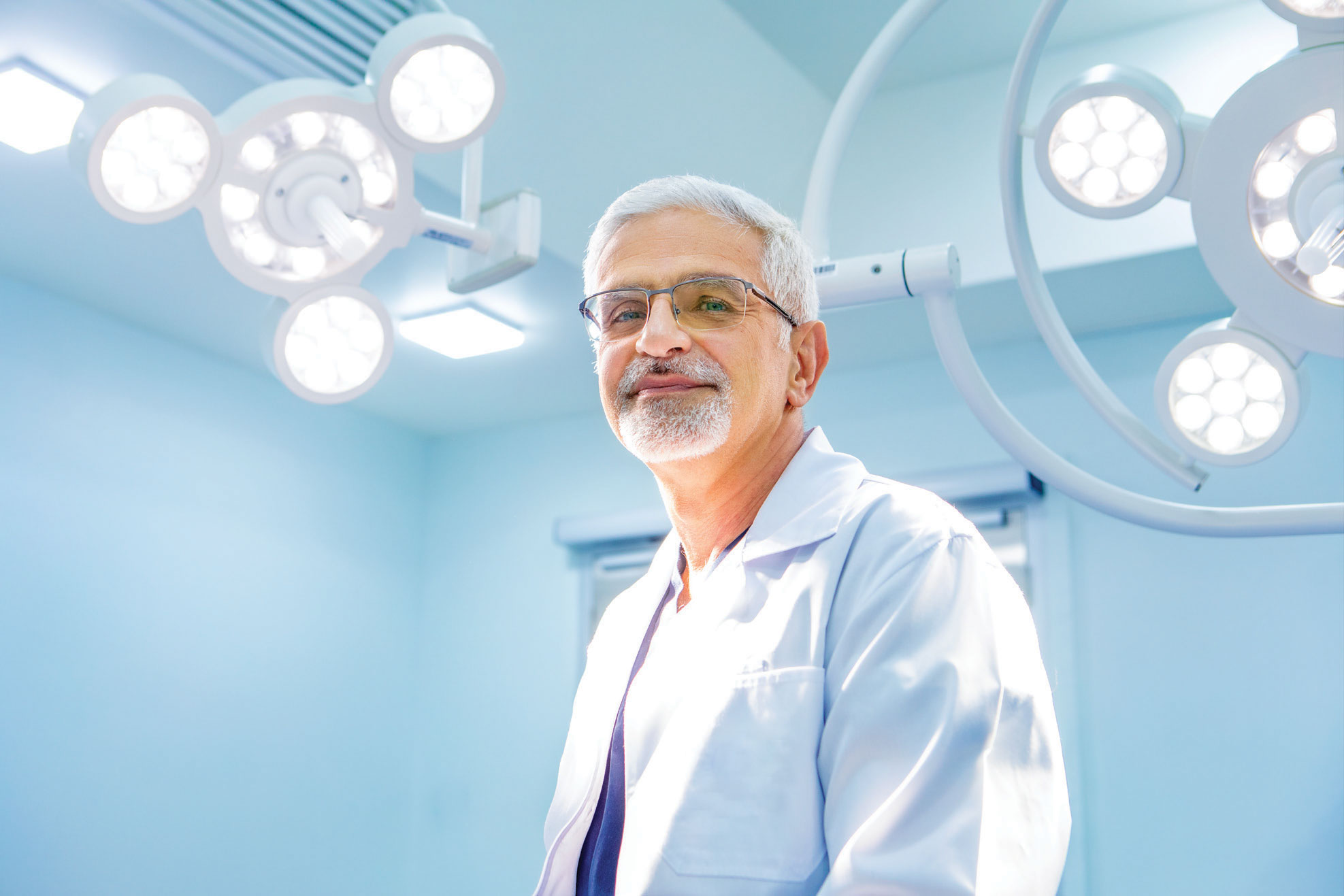
What niche do you plan to occupy?
We are not limited regarding the complexity of operations, and that is our niche. We will do all types of plastic and reconstructive surgery. I will not restrict myself to aesthetic surgery such as nose corrections, breast enlargements, or liposuctions. We can perform operations of any complexity or cost that are offered globally. For example, we can reconstruct breasts after a mastectomy. This type of surgery is usually covered by insurance companies abroad, but not in Georgia, where it is regarded as aesthetic surgery for some reason. We have already given back the full joy of life to many women, and I hope we will help many more ladies get rid of the defects left by this terrible disease. We also do reconstructive surgeries following traumatic injuries.
Our niche will be our experience, qualifications, knowledge, and results.
Who are your financial partners?
I am the main investor, but the starting capital that I had put aside for the clinic’s construction turned out to be insufficient to cover the cost of meeting the additional regulation put in place by the Ministry of Health while construction was ongoing.
For the clinic to receive accreditation, it must have a reanimation department. They also ask for equipment I do not need for my work, but it is mandatory and costs approximately $250,000. This is quite a large sum for unforeseen expenses. The pre-calculated investment of ₾4 million has already increased to ₾15 million.
Global demand for plastic surgery has increased substantially over the last decade. What are the reasons for this?
As society has developed, people have paid more attention to their looks. Another factor is economic development. Demand is conditioned by the desire for something better. In many industries, beauty is a factor in achieving career progression. Additionally, plastic surgery methods have been improved and developed.
What are the current plastic surgery trends in Georgia?
Rhinoplasty, or nose reshaping, used to be the most banal surgery performed in Georgia, and most plastic surgeons worked in this field. Interest from men has grown significantly over the last ten years: ear, eyebrow, and eyelid surgeries have become popular. The number of mammoplasty operations has also increased. There is no longer any fear that implants can cause complications. Breast enlargement and reduction surgeries have both become equally popular. Post-weight correction surgeries, including post-bariatric plastic surgeries, are also more common.
Most recently, there has been an increase in sex change operations. Here, the ratio of Georgian and foreign patients is 50-50. Sex change surgeries are covered by insurance firms in the United States and many European countries, so we do not get patients from these regions. Most of the patients are from Middle Eastern countries. I perform at least one surgery of this type every two months.
Overall, rhinoplasty remains the most popular operation, followed by minor corrections of facial features such as eyebrows and eyelids. Then come breasts and the rest of the body. Large operations such as abdominoplasty are performed in fewer numbers, probably due to the high cost.
Men are primarily procuring nose, eyelid, and ear surgery. There has also been an increase in genital surgeries for both men and women. In the latter case, we are talking about vaginoplasty. These are primarily recent trends, but many women suffer from postpartum trauma and discomfort caused by age changes. Abdominoplasty and liposuction are also quite common.
In the past, Tbilisi State Medical University did not offer plastic surgery as a unique course; it only offered general surgery. Today, it offers a 44-month program to graduates. Is this a sufficient length of time, and are there any other practical courses that doctors can take to ensure that they can meet the demands of their patients?
Plastic surgery is now included in the residency at TSMU. Subsequently, there is a licensing exam, upon successful completion of which a plastic surgeon is issued a license. This is a big step forward. I graduated from TSMU as a general surgeon. I later received three different certificates, including one in plastic and reconstructive surgery.
Aesthetic medicine includes not only plastic surgery but also various other procedures, such as injections. Patients often complain about unprofessionalism and complications in this field.
What do you see as a solution to this issue?
In the 1980s, when I attended medical conferences in the United States and Europe, I kept hearing doctors demand this field be licensed and that aesthetic centers were being opened everywhere, working with injections, gels, Botox, and fillers.
Do you often have to correct mistakes made by other plastic surgeons?
Every experienced surgeon must deal with this. Some patients change their minds after surgery. They no longer like their changed appearance. They will come back to me for corrections if they trust me. Otherwise, they will go to another surgeon. It is essential for patients to be fully informed about the guarantees that they can and cannot get from doctors. I get to correct both my own and other people’s work, just like others may have to correct mine. According to global statistics, 20% of all surgeries are repeat operations. In Georgia, the figure is only 3-5%.
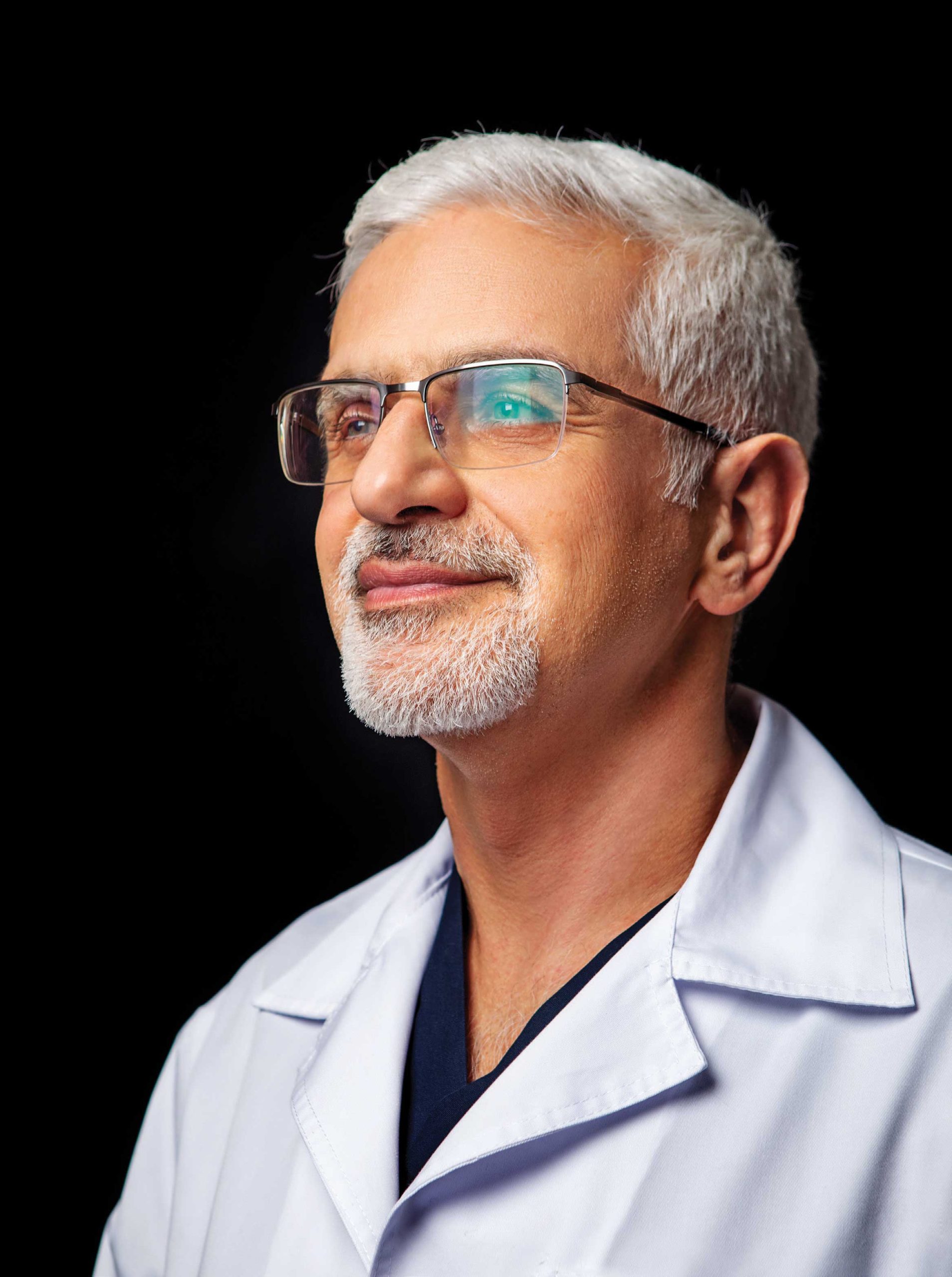
How would you assess the level of medical literacy of the patients themselves? What importance do you attach to patient awareness when choosing a procedure and a doctor?
On the one hand, it is more comfortable for a doctor to communicate with an informed patient. However, some patients believe they have answers to all the questions based on a little bit of information when I may struggle to give a precise answer even after reading several volumes. Medicine is not an exact science. There are numerous assumptions. Many patients tell me that they have been victims of social networks: they trusted someone’s advice and made an error of judgment.
What role does plastic surgery play in medical tourism, and where is Georgia on this map?
This is a political issue rather than a medical one. We had many patients from Israel in the past, but their numbers have dwindled over the past year. The same applies to Russia and Ukraine. Russians used to come here in large numbers, often by car. Russian nationals from nearby regions preferred Tbilisi to Moscow or St Petersburg due to the lower costs involved. This has also stopped due to the dollar exchange rate. These trends have a political and economic explanation rather than a medical one. Foreign nationals only constitute 5% of our patients in total.
Now, let us turn to technology, inventory, and implants. Which countries and manufacturers do you prefer, and what selection criteria do you use?
Only quality counts for us. We use a European certification standard. We may procure an implant from a German manufacturer or a French one. They both have a European quality certificate.
How significant is interest in plastic surgery among younger doctors? Are you working on bringing a new generation to the clinic and improving their qualifications?
I am currently working with three resident doctors who have great potential. I am always interested in working with the younger generation. On the other hand, I cannot work with people who do not love their job or get tired quickly. Some operations last 12 hours or more, but this is what we live for, and I do not mean the financial element. Doctors must love their work.
How fast is plastic surgery growing as a business, and how big are the revenues?
This business cannot be compared to construction or drink sales. We are dealing with people’s health. Nevertheless, revenues are growing.
To what extent are the best global technologies available to Georgian patients?
Technologies are developing fast, especially in hardware cosmetology, where equipment upgrades are offered every six months. However, only large clinics with a high number of patients can implement such upgrades. The latest technologies are too expensive for one-room clinics.
Which countries are leading the way in plastic surgery?
The United States is the world leader. Brazil is a leading country in the surgical field, and South Korea is a leader in the non-surgical field. Brazil has accumulated a great deal of experience due to the vast number of patients. Brazilians want to be attractive and sexy. In the United States, only a particular section of society undergoes plastic surgery, so the number of operations is lower. The Americans have a sophisticated system and a highly competitive medical sector. Private clinics are easy to open, which helps develop the industry.
From what age can patients undergo plastic surgery in Georgia?
All types of plastic surgery have minimum and maximum age limits. For example, banal rhinoplasty can be performed from the age of 15, but extremely few cases of such operations are being performed on patients of this age.
What types of reconstructive surgery do you perform most frequently?
At one time, we performed many lower-limb surgeries due to mine explosions. We are, therefore, very skilled in reconstructive surgery of limbs. This experience often came in handy later, for instance, in the case of accidents and post-traumatic situations. We have developed a unique method involving complicated surgery, which allows patients to retain their limbs rather than have them amputated. I must point out that there are probably only a handful of clinics worldwide where such complicated surgeries can be performed.
Unfortunately, we also have to perform numerous reconstructive surgeries on cancer patients. Cancer cases have become more frequent, and the number of reconstructive operations has also increased. Reconstructive surgery continues to develop steadily.
The only thing that has not developed well in Georgia is the field of external limb prosthetics. Bionic prostheses, which move according to impulse, have not been introduced because they are too expensive.
Alexander Kalantarov
S
